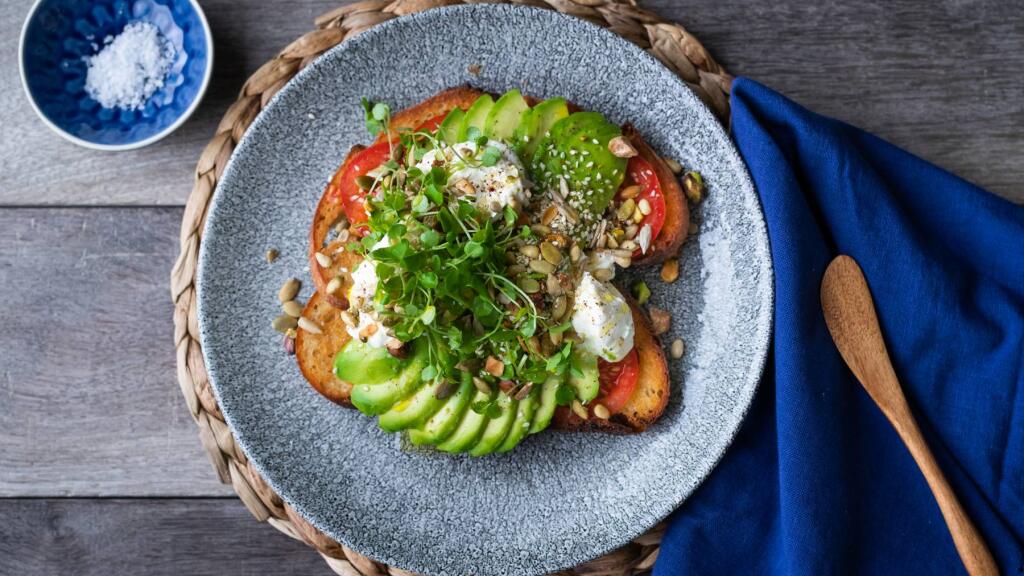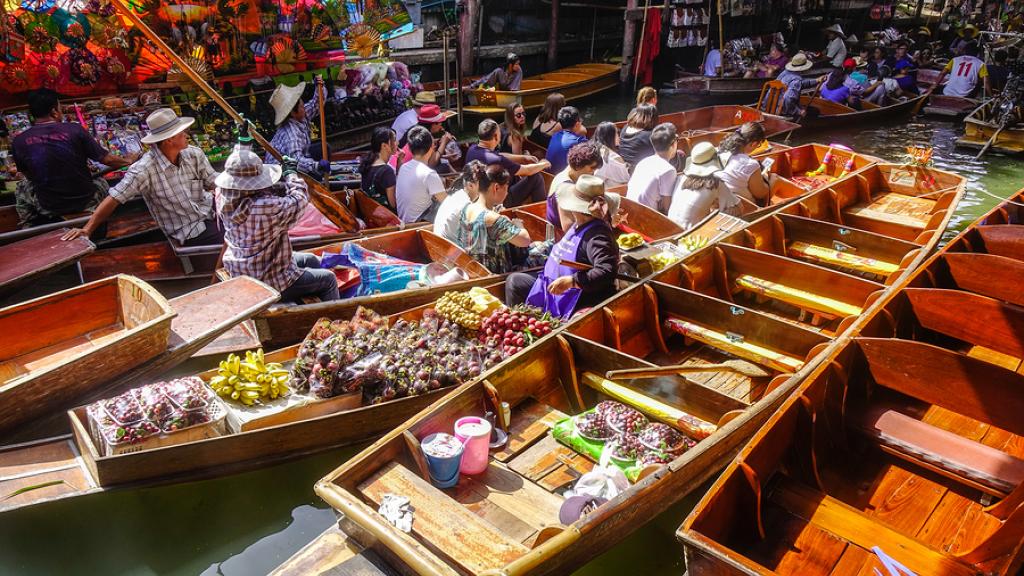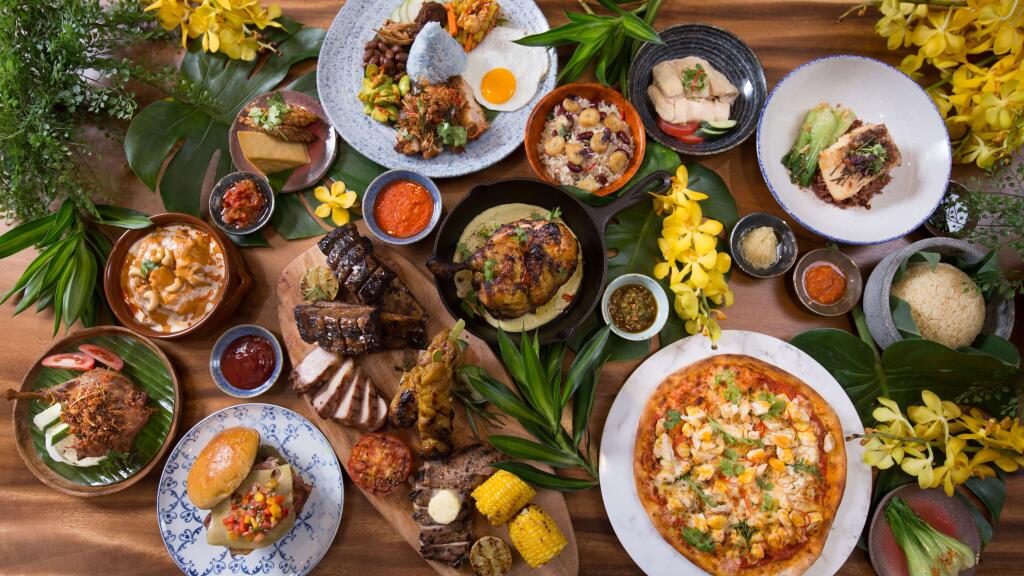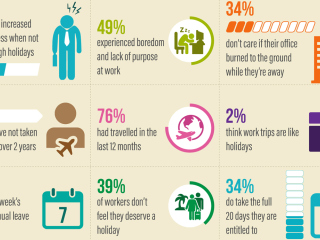Travelling with Dietary Restrictions: Tips & Tricks for Vegetarians, Vegans & Allergy Sufferers

One of the joys of travelling is immersing yourself in the local culture and for many, that includes savouring local cuisine. However for those with dietary restrictions, this culinary journey can be a minefield. Fear not vegetarians, vegans and allergy sufferers, our handy tips and tricks will help you to navigate the world of global gastronomy without compromising your health or principles.
1. Plan Ahead
Research your destination: Familiarise yourself with local dishes, ingredients and cooking methods. Some countries naturally offer more vegetarian or vegan-friendly options than others. For instance, Thai food is renowned for its flavourful curries, but many use shrimp paste. However, dishes like Pad Thai can be easily customised for vegetarians. In Fiji, root crops and fruits like cassava and breadfruit are staples, offering ample options for vegetarians. Meanwhile the thriving wellness scene in Bali ensures numerous vegan cafes.
Language barriers: Carrying a translated card that explains your dietary restrictions is the easiest way to communicate your needs however it's also a good idea to learn essential phrases like "I am a vegetarian," "I don't eat meat," or "I'm allergic to nuts" in the local language. "Mai sai naam plaa" in Thai means "without fish sauce," invaluable for vegans and vegetarians!
Make a list: Jot down names of local dishes that suit your dietary needs. Having this list handy will make meal times more straightforward.

2. Opt for Specialised Restaurants or Cafes
The rise of vegetarianism, veganism, and dietary awareness means that many cities now boast restaurants or cafes devoted to special diets. There are lots of speciality websites dedicated to helping you identify these places in the destination where you are headed and these can be lifesavers when trying to decide where to eat out.
In places like Bali, the rise in health-conscious travellers has led to an upsurge of vegan cafes in Ubud and Seminyak. Similarly, Thailand's Chiang Mai is a haven for vegetarians, while the growing tourism industry means Fiji restaurants now cater to varied dietary preferences.
3. Embrace Local Markets
Local markets are a treasure trove for fresh produce, grains, and specialty items. They're also a great way to interact with locals and learn about regional fruits, vegetables, and snacks that align with your dietary needs. From the floating markets of Thailand to the bustling markets of Bali's beachfronts and the fresh produce in Nadi town's Fiji markets, local bazaars are goldmines for dietary-friendly, fresh ingredients.

4. Pack Snacks
Always keep some dietary-friendly snacks in your bag. These could be energy bars, nuts, or dried fruits. It ensures that even if you can't find a meal immediately, you won't go hungry. Just be sure to read any incoming passenger cards in your destination carefully and declare any food stuffs as required. Most pre-packaged foods will be fine, but it's always better to be safe than sorry. You don't want to cop a whopping fine for bringing in undeclared snacks!
5. Stay Where You Can Cook
Booking accommodation with kitchen facilities can be a game-changer. This way, you have full control over ingredients and preparation. Staying in villas in Bali, guesthouses in Thailand or self-catering Fiji hotels gives you access to kitchen facilities, allowing you to craft meals just the way you like them.

6. Use Technology
Various apps can be your best travel buddies:
• Allergy Eats helps those with allergies find suitable restaurants.
• Vegman and HappyCow are excellent for vegetarians and vegans searching for suitable places to eat.
• Google Translate can help bridge the language gap when trying to communicate your dietary needs.
7. Communicate Clearly
When dining out, don't hesitate to ask questions. If unsure about ingredients or preparation methods, always check with the staff. Be polite but clear about your requirements. In destinations frequented by tourists like Phuket in Thailand or Bali restaurants, staff are often familiar with dietary requests. So be sure to always communicate your needs to avoid any slip-ups.

8. Advise Your Agent
Places like Thailand have started offering vegan and vegetarian food tours in cities like Bangkok. Consider joining one to relish the authentic flavours served at speciality Thailand restaurants without the guesswork. Even tours that aren't focused on food typically cater for diverse dietary requirements, however don't forget to advise the agent you are booking with so that this information can be passed on to the tour provider. This ensures you can sit back and relax on the day, and enjoy the refreshments provided with your tour, with any dietary requirements already taken care of.
9. Explore Global Cuisines
Certain global cuisines are naturally more accommodating:
• Indian: Rich in vegetarian and vegan options given its cultural and religious beliefs.
• Middle Eastern: Hummus, falafel and salads are staples and are mostly vegan.
• Buddhist regions in Asia: Buddhist vegetarian dishes exclude both meat and strong-smelling plants like garlic and onion.
Thai cuisine, with its rich coconut milk bases, offers dishes like "Tom Kha" soup that can be vegan-friendly. In contrast, Fijian cuisine brings vegetarian delights such as "Rourou" (taro leaves in coconut cream). And don't get us started on the delicious Bali food and famous vegan smoothie bowls - yum!

10. Be Prepared for Mishaps
Even with all the preparation, misunderstandings can happen. It's essential to be patient and keep medications or allergy relief at hand. Ensure you also take out travel insurance just in case the worst happens. Ideally you won't need to use it but if something does go wrong, you'll be incredibly relieved to know that you have reliable medical and financial support.
Travelling with dietary restrictions doesn't mean missing out on the rich tapestry of global flavours. It just requires a touch more preparation and awareness. Embrace the challenge and you'll find that your dietary journey can be just as enriching as any other aspect of your holiday.
Safe & scrumptious travels!
Posts by Category
Popular Posts

5 Simple Steps To Beat Jet Lag

Peak Season, School Holidays or the Off-Season When is the Best Time to Travel?

